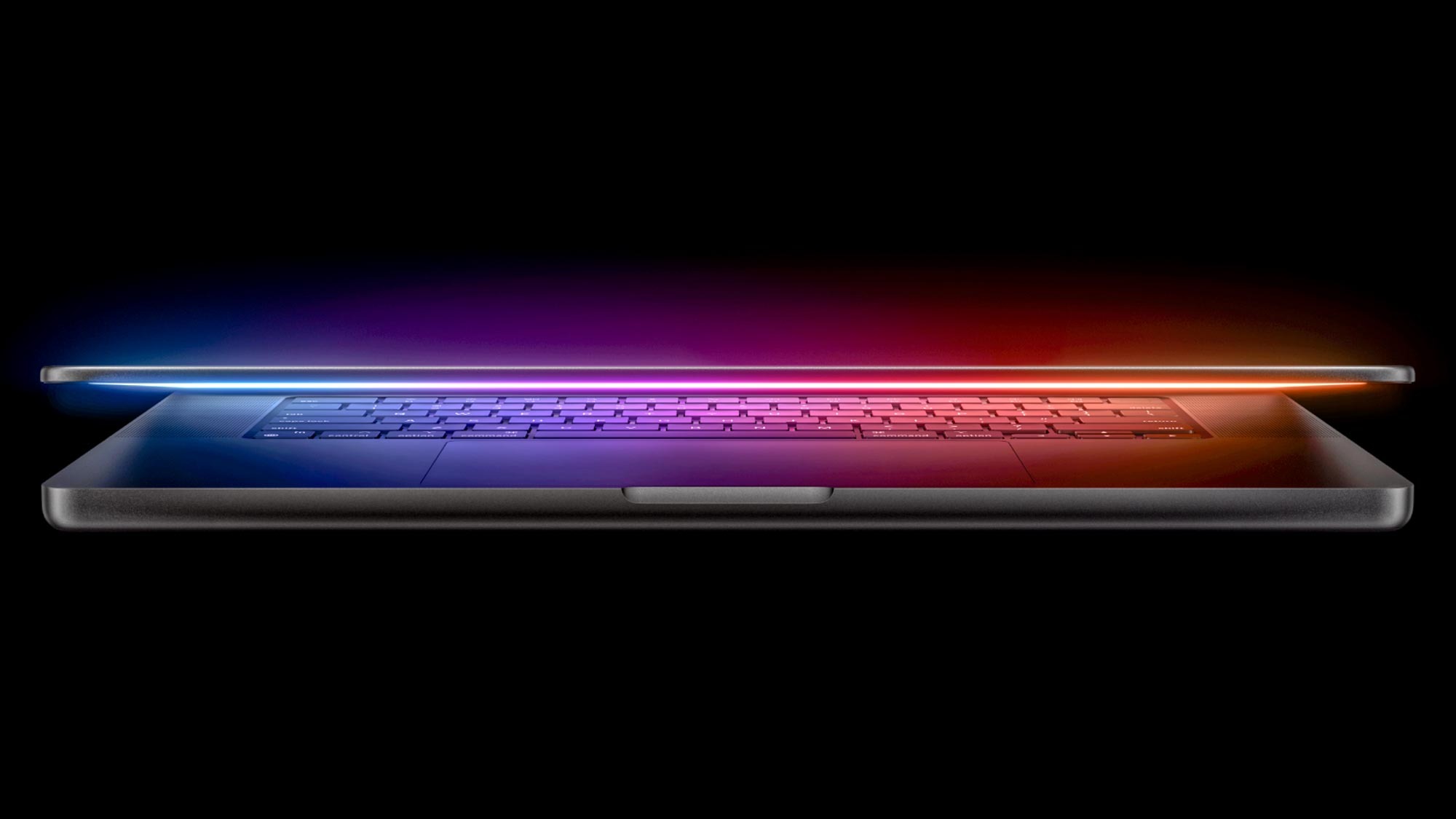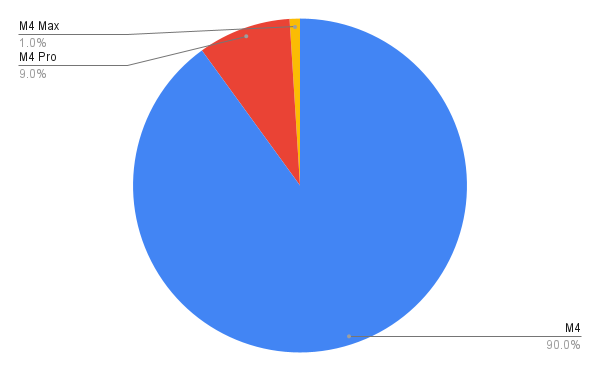M4 Pro and M4 Max benchmark results revealed — they blow away Intel, AMD and Qualcomm
UPDATE: M4 Max benchmarks have just leaked too!

In case you’ve been living under a rock, Apple’s been a bit busy this week announcing all the new M4 Macs — a new iMac, new MacBook Pros and a dramatically redesigned Mac mini. The Cupertino crew have been talking a big game about their new chips (and the speed of M4 iPad Pro backs up some of its claims), but how fast are they really?
Well, thanks to the first bunch of Geekbench 6 benchmark results for M4 Pro and M4 Max, we just got our answer. And without putting too fine of a point on it, Intel’s Core Ultra 200 series, AMD’s Ryzen AI 9 HX 370, Qualcomm Snapdragon X Elite and even desktop-class CPUs are nowhere near. I told you that Apple’s fighting back, but the differentials are leaving me considering calling 911 and reporting a murder.
By the numbers
So let me go ahead and show you what I mean in this table. I’ll put it against the usual suspects mentioned above, alongside some surprising foes.
| Chip | Geekbench 6 single-core | Geekbench 6 multicore |
| M4 Pro (Mac mini) | 3,573 | 21,997 |
| M4 Max (MacBook Pro) | 4,060 | 26,675 |
| M4 (MacBook Pro) | 3,857 | 15,139 |
| M3 Max (MacBook Pro) | 3,200 | 21,711 |
| M3 Pro (MacBook Pro) | 3,154 | 14,357 |
| Snapdragon X Elite (Dell XPS 13) | 2,797 | 14,635 |
| AMD Ryzen AI 9 HX 370 (Asus Zenbook S 16) | 2,765 | 13,282 |
| Intel Core Ultra 9 288V (Asus Zenbook S 14) | 2,751 | 11,157 |
| Intel Core i9-14900KF (MSI Aegis RS2 14) | 3,203 | 20,115 |
As you can see, M4 Pro and M4 Max gets a healthy bump over its M3 counterparts, and even a $4,000 gaming PC in the MSI Aegis. That means this chip in a $1,399 Mac mini is more powerful than the Ultra in a system that is over twice the price!
And let’s not even go into the fact that the entire M4 family has essentially walked over the whole crop of Copilot+ PCs by quite some margin. I know there are still reasons to go Windows, such as maybe wanting to play all the latest games without needing to wait for their potential Mac launch, but for raw performance, this is a big jump in single and multi-threaded power.
Should you buy?
So with these numbers in mind, let’s setup a bit of a simple rubric to see if you should or shouldn’t opt for the new Mac mini or MacBook Pro sporting these chips. Because while I can stand here and continue to dunk on the competition, an argument can be made that this is overkill for a lot of people.
Let me do so with a pie chart (yes, I’m making graphs now) to demonstrate my thinking.
Get instant access to breaking news, the hottest reviews, great deals and helpful tips.

You see, the vast majority of you will have more than enough with M4. Based on our time with the M3 MacBook Pro and the M4 iPad Pro, whatever your prosumer working tendencies are from complex RAW photo edits and 4K Final Cut work to music production, I’m confident this’ll do it handily.
M4 Max is absolutely in a complete league of its own in terms of performance potential. You can also see this in the way Apple talks about this in its promotion material — handling LLMs with nearly 200 billion parameters or going into incredibly niche tasks like film scoring — only a tiny fraction of people will need what this is capable of.
And then there's the M4 Pro. I got some pretty rough comments on my M3 Pro MacBook Pro review when I said it’s the “awkward middle child” — stating that its performance bumps are indeed impressive, but with what M3 could do for most people, it was kind of stuck in no-man’s land in terms of who would use it.
With a clearer, more noticeable jump in performance here, M4 Pro is well defined as a more beefed up M4 for those who want to completely future proof for the next few years. I’m talking 2x faster graphics than M4 (2.4x faster than the Intel Core Ultra 7 258V), Thunderbolt 5 support, vastly faster benchmark speeds.
Apple has carved out more of an intermediate enthusiast here with the M4 Pro, who is finding a commercially viable intensive creative workload and wants to get it done fast (a bustling YouTube channel or a Spotify that’s popping off for example) — a far cry from the lower end of the spectrum that M3 Pro possessed.
More from Tom's Guide
- I’ve waited years for Apple to give a damn about Mac gaming — and it’s finally happening
- 13 best early Black Friday laptop deals — M4 MacBook Pro, Dell XPS 13 and more
- All the M4 Mac news this week — iMac, Mac mini and MacBook Pro confirmed

Jason brings a decade of tech and gaming journalism experience to his role as a Managing Editor of Computing at Tom's Guide. He has previously written for Laptop Mag, Tom's Hardware, Kotaku, Stuff and BBC Science Focus. In his spare time, you'll find Jason looking for good dogs to pet or thinking about eating pizza if he isn't already.
 Club Benefits
Club Benefits





